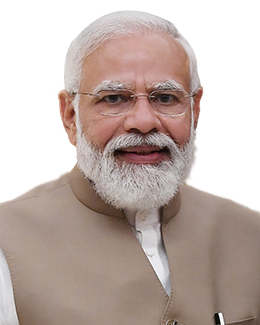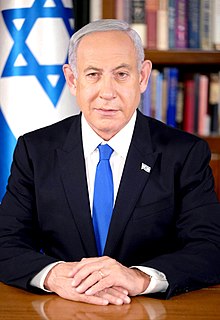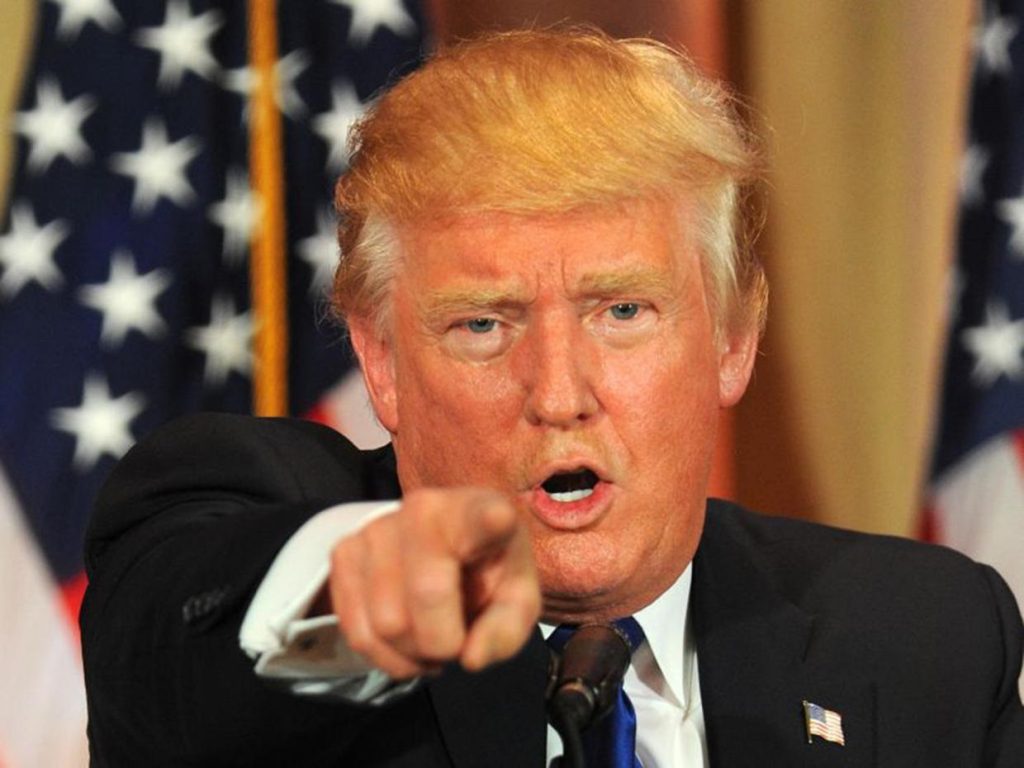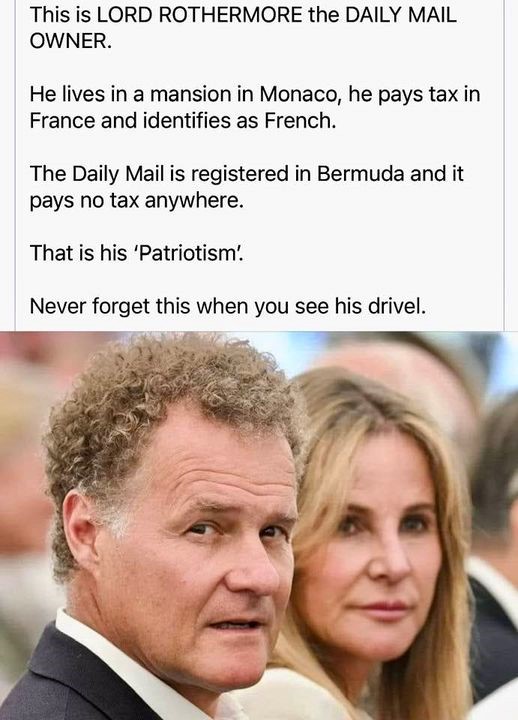Prabowo’s win is dismal news for democracy
https://www.theguardian.com/commentisfree/2024/feb/15/the-guardian-view-on-indonesias-elections-prabowos-win-is-dismal-news-for-democracy
Half the country’s electorate is under 40; many voters do not remember his past or the days of military dictatorship under his father-in-law, Gen Suharto. Those who do predict that “winter is coming”
Putin critic Alexei Navalny, 47, dies in Arctic Circle jail
https://www.bbc.co.uk/news/world-europe-68315943
The list is growing of ‘elected’ leaders whose mission is to stay in power and make sure any rivals are either banged up or side-lined…or worse.
This is an interesting year for democracies. More than two billion people across 60 countries representing half the world’s population will go the polls this year voting in presidential, legislative, and local elections. Some will be free and fair and some, like North Korea, a tad less so. Quite where the US is on the ‘free and fair-sown up like a kipper’ continuum is a tricky question but if the orange-faced candidate wins we all know the direction of travel. It may anyway be that genuine democracy in the US is not really threatened by Trump because it was subverted a good while ago. American politicians appear now often to be the best that money can buy. Generally they have to have, by UK standards, huge amounts of financial backing to get elected (fortunately and I’m sure co-incidentally, those same politicians have enacted quite loose legislation on political funding) and then, once elected, show themselves to be quite partial in which of ‘the people’ they really represent. Perhaps we shouldn’t be surprised that the notion of toppling an elected government is now being applied within the US as well as outside it.
Can it really be that democracy has had its day? that it wasn’t after all a major step on the road to freedom, just an experimental alternative to the ‘strong’ leadership we all secretly want, or at least will take a punt on when the going gets tough.
The ideal of democracy has a genuine appeal and had an even stronger one when memories of the alternatives were still fresh. Government ‘by the people for the people’ for a fledgling US compared well with ever-increasing taxes imposed from the other side of the world. And, on the other side of the world, a peasant class (liberated by plague-deaths and consequent labour shortages) proved itself unwilling to return to serfdom and began the long treck towards universal suffrage. It took a long time for the UK to build the rather quaint version of democracy we have now. Influence over, often despotic not to say mad, kings (and a very occasional queen) was limited to an aristocratic elite and then only secured via threatened or actual revolt and rebellion. Magna Carta gave the barons a degree of influence and over many, many years the influence of parliament grew as a counter-balance to absolute rule. Suffrage was limited to a pretty small proportion of the population for most of our history. It was extended over time, notably in 1832 with the Great Reform Act, which basically gave the vote to middle class men, leaving working class men (not to mention all women…and they didn’t) disappointed. Universal suffrage (surely one of the defining characteristics of a full democracy) was still years away. Two world wars accelerated progress in the UK and its imperial possessions. It brought the classes together and was particularly effective at showing the working-class cannon fodder that their ‘betters’ weren’t actually any better. Ironically, the Second World War was probably the high point of progress towards democratic government, at least in the west. In fact, part of the reason it took so long to get the US into the war was that it was a democracy and the strong inclination of many Americans was towards isolationism; Europe had been bailed out twenty-five years earlier and not many Yanks felt it was worth more Americans dying to save Europe again. Had it not been for Pearl Harbour the world might look quite different now. WW2 brought together and united peoples from pretty well everywhere.
“Walk down any of its (London’s) streets and every uniform of the Free World was to be seen…..The uniforms of the Canadians, South Africans, Australians, New Zealanders, the Free French, Polish, Belgium, Holland, and of course the English and Americans were everywhere.”
Band of Brothers pp 49, Ambrose, Stephen E, Simon and Schuster, 2017
No mention of the Indians, Africans and Asians but then this was the perception of an elite, white airborne company. The point remains that World War 2 was (and is) perceived as a just war in the cause of freedom and against tyranny. It was seen as a victory for freedom-loving peoples of the world, again at least by the West. Unfortunately, the post-war world saw two at least of the freedom-loving nations, the US and the UK, engineer the removal or death of democratically elected leaders in Africa, Asia, South America – anywhere in fact where the people’s (left-wing) choices were felt to be incompatible with the interests of….. ehhhm,… the US and the UK.
It would be a mistake too to think that democratically elected politicians always believe in democracy. Quite a few seem to believe in staying in power for as long as possible by subverting democratic safeguards and processes. There is a common playbook of strategies and tactics used by national leaders to weaken opposition and strengthen their own position.
- Lie; no I mean really lie, whatever the evidence. If you lose an election claim you didn’t. Claim, if you did lose that it was because of fraud and criminal actions by your opponents. Claim you’re a victim. Claim there’s a deep state plot to steal power.
- Attack and neuter any serious political opposition; jail them, drive them out, mobilise trolls or, if push comes to shove, just kill them. Examples that spring to mind include Pakistan and, of course, Russia. These days it’s quite dangerous to lose an election because the winner will come after you!
- Supress voter rights for those groups unlikely to vote for you.
- Attack and emasculate any and all independent press journals and web-sites and tightly control state media.
- Sow division – religion is always fruitful ground or ethnicity/race.
- Attack the judiciary and ensure that they will always act in accordance with your wishes (or else). Make judicial appointments with this in mind.
- Suppress protest. Make most forms of protest illegal and increase penalties.
- Attack and suppress other forms of collective action such as trade unions. Legislate to control and outlaw them.
- Control social media and the internet; shut it down when ‘appropriate’.
- If all else fails manufacture an external threat: a war always helps.
Here are some notable examples of ‘strong’ leaders who have the T-shirt:






It may seem odd to have the likes of Putin for example in a piece about democracy but they do have elections in Russia – not free and fair elections of course but then again it’s getting quite hard to find a country where the direction of travel is towards free-er and fairer. Is it fair to have parties with vastly different funding bases? Is it fair to redraw constituencies so that one party benefits? Is it fair to restrict the franchise?
Orban, Trump, Putin, Netanyahu, Modi, Erdogan. ……it’s far from a complete list; countries like Poland, Brazil, Pakistan, and, oh yes, the UK, have seen or are seeing elements of the right wing song-book played out. And in Poland, Donald Tusk is finding life difficult as he tries to reassert democratic safeguards following his 2023 election victory because media, judiciary and presidency were all politicised by his predecessor.
So is democracy finished? Well, to be parochial for a moment, the UK persists in a first past the post, winner-take-all electoral process which pretty well ignores the wishes of as many voters as it heeds. Proportional representation would be a quick and easy fix …so it probably won’t happen. The theory is that parliament, the judiciary and the free press interconnect as a finely balanced system of checks and balances.
Except that, on the whole, our media is owned by wealthy individuals with political affiliations which lean a tad to the right – well perhaps more than a tad – free in the sense of not owned by the state but, with a few exceptions, politically biased. Here’s an example of the UK’s fearless defenders of press freedom.
As for the BBC, it seems to have become increasingly susceptible to government influence in the last few years as a combination of threats, funding cuts and government appointed/sanctioned placemen (and women) have made themselves felt. Have a look at what George Monbiot wrote about BBC ‘impartiality’ under its previous Chair, a Conservative Party donor and mate of Boris Johnson.
We should never underestimate the extent to which the BBC changed this country by giving endless airtime to Nigel Farage, other far right extremists and the Tufton Street junktanks, while shutting out progressive voices.
https://twitter.com/GeorgeMonbiot/
More about Tufton Street later. On the up-side, the BBC seems at the moment to be breaking free of the intimidating straightjacket of government threats and cuts, presumably because the graffiti is on the wall for our benighted Rishi and his friends (friends in the Tory Party not being what you and I think of as friends). As for the judiciary, well they are independent (the idea of their being political appointees as in the US just wouldn’t run in the UK), but they are generally from well-to-do backgrounds and they are being ‘pressured’ to stop ‘interfering’ in matters that don’t concern them, such as illegal or questionable government practice. So, in the UK, a degree of media bias just goes with the territory. If you factor in the relatively recent launch of GB news, the UK equivalent of Fox News, it’s almost job done.
So the media are sorted; what else might make a difference to the health of the UK’s democracy….mother of parliaments and all that stuff? Well:
- in response to almost non-existent voter fraud, photo-ID has been made a requirement in elections, making it less likely that the young and the poor will vote;
- the judiciary are being pressured and laws changed to ensure policies claimed to be ‘the will of the people’ (honestly what does that remind you of?) can be implemented without legal challenge;
- the right to protest has been limited;
and - new legislation has been enacted to curb trade-union led strikes in areas like health and transport.
Small steps but then Rome wasn’t trashed in a day.
I wanted to write something positive about what we’ve imported over the years from the US but I can’t think of anything. A country with terrible environmental protections, in thrall to business and extreme wealth and where the people or the system insist on the election of a president who then fails to govern because one or other House blocks progress, is not one to imitate. I’m not even sure what the popular vote means in the US given this weird thing called an electoral college which seems to be able to overturn the will of the majority. That said, over the years Conservative governments have adopted the worst of the US’s education and other policies (think SATs, academies, free schools, workfare, elected mayors, elected Police and Crime Commissioners, privatisation or full jails) and not surprisingly, the UK now seems to be an attractive place for obscenely wealthy right-wing Americans to try and subvert, said wealth, having already subverted many democratic safeguards and the real will of the people in the US. For example, Roe v Wade was overturned by conservative Supreme Court judges hand-picked by the orange ogre after years of remorseless and expensive ‘pro-life’ campaigning. Wikipedia lists 96 anti-abortion organisations in the US . Here are a few from the list and don’t they all sound all-American, patriotic and wholesome?:
- Alliance Defending Freedom
- Alpha Center
- American Center for Law & Justice
- American Coalition of Life Activists
- American College of Pediatricians
- American Family Association
- American Life League
- American Pregnancy Association
- American Solidarity Party
- American Vision
- Americans United for Life
- Anglicans for Life
- Arlington Group
- Army of God (terrorist organization)
- Association of American Physicians and Surgeons
Those hand-picked Supreme Court judges of course promised, prior to appointment, that Roe v Wade would never be overturned. Moral? Always check if prospective Supreme Court judges have their fingers crossed behind their backs when in front of Senate Confirmation hearings. Overturning Roe v Wade was not really the will of the people just the will of neo-conservative, wealthy (often religious to the point of idiocy), individuals. While the battle was being won in the States a second front was opened in the UK and I expect in most other ‘developed’ countries around the world. Abortion clinics were picketed, misleading media campaigns were mounted, pro-life ‘impartial’ pregnancy advice organisations that were anything but impartial were opened and ‘suitable’ politicians were ‘supported’. So far the only impact has been the real distress caused to already distressed women…. but give it time.
‘If in doubt follow the money’ is always good advice but it’s really difficult to do that both in the States and here. That’s why it’s called dark money. Have you heard of 55 Tufton Street? It’s a kind of community hub and shared office space, only quite selective about who’s allowed in. Tufton Street provides facilties for, among others, The Institute of Economic Affairs, the Adam Smith Institute, the Taxpayers’ Alliance, the Centre for Policy Studies and Policy Exchange.
“These groups also happen to have been rated by the campaign ‘Who Funds You?’ as among the most opaque of all those it investigated.”
George Monbiot, ‘Has Liz Truss handed power over to the extreme neoliberal thinktanks?’, The Guardian, Fri 23 Sep 2022 06.00 BST, www.theguardian.com
55 Tufton Street is a four-storey Georgian-era townhouse on historic Tufton Street, in Westminster, London, owned by businessman Richard Smith, a major donor to the Conservative Party and pro-Brexit causes. The building was purchased for £4.25 million in 2009 by Specmat, a technology manufacturing company owned by Smith. Since the 2010s the building has hosted a network of libertarian lobby groups and think tanks related to pro-Brexit, climate science denial and other fossil-fuel lobby groups. Some of the organisations it houses have close connections with those at 57 Tufton Street next door, including the Centre for Policy Studies and CapX.
A group of these lobbying organisations, dubbed “The Nine Entities”,[3] used the building for biweekly meetings to coordinate policy and public messages. The nine lobby groups—the TaxPayers’ Alliance, the office of Peter Whittle (a former deputy leader of UKIP), Civitas, the Adam Smith Institute, Leave Means Leave, the Global Warming Policy Foundation (the UK’s principal climate change denial group), BrexitCentral, the Centre for Policy Studies and the Institute of Economic Affairs—were accused by former Vote Leave employee Shahmir Sanni of using the meetings to “agree on a single set of right-wing talking points” and “securing more exposure to the public”.[5]
This network has been linked to major US funders of climate-change denial and right-wing political causes including the Koch brothers and Robert Mercer, and to populist far-right parties in Europe, such as the Sweden Democrats and the Brothers of Italy.[6]
So was democracy just a phase, like mullets, being served food on a slate or bell-bottoms? It feels like there is a real and present threat to ‘the least worst form of government’. With conspiracy theories on one side and dark money on the other, just getting out the vote might not be anything like enough any more.
Many forms of Government have been tried, and will be tried in this world of sin and woe. No one pretends that democracy is perfect or all-wise. Indeed it has been said that democracy is the worst form of Government except for all those other forms that have been tried from time to time…..
Winston S Churchill, 11 November 1947
